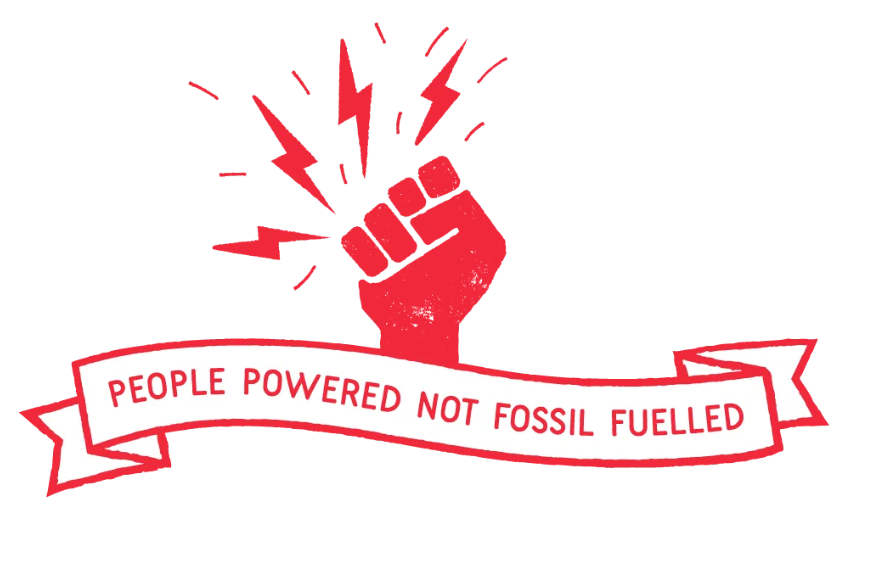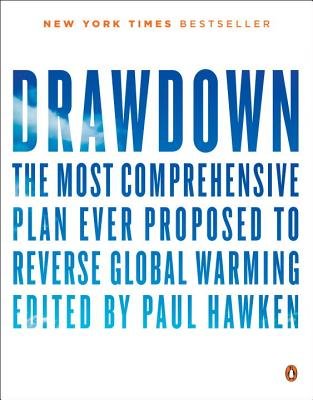Resources & Sources
well researched information is crucial
We provide some useful Resources and some authoritative Sources, on a variety of climate related topics.
Resources
Here are a diverse range of resources including those useful to householders, communities and those curious to explore questions important to our transition to a greener future, with a particular focus on the UK. Take a look.
BBC Future has worked with Verve Search and researchers at the University of Oxford to produce a Food Footprint Calculator:
For those wanting a deeper look at the carbon footprint of food and other goods and services, and how these are calculated, see the very readable ‘How Bad Are Bananas?’ by Mike Berners-Lee that is available from Nailsworth Library, and is reviewed here.
This calculator will allow you to estimate the carbon emissions saving in moving from a gas boiler to heat pump (with or without additional insulation measures) and the impact on your annual energy costs.
https://hp-annual-usage-estimator.streamlitapp.com
Created by Fiona Hughes and Chris Warwick of The Green Heat Coop
Fully Charged is the world’s number 1 clean energy & electric vehicle (EV) channel hosted by writer, broadcaster and actor Robert Llewellyn, Maddie Moate, Jack Scarlett, Dr Helen Czerski, Chelsea Sexton and Andy Torbet. It has branched out from its initial focus on EVsto discussion all aspects of the path to electrification of most of our energy use.
The Jump is a campaign with a practical mission accessible to everyone:
“Our society is hooked on stuff and it’s destroying our planet. Often without even making our lives better. Another way is possible! Our goal is a world of less stuff and more joy, where humanity is in balance with nature - through helping achieve a two-thirds reduction in the impact of consumption in rich countries by 2030. Science shows this is what’s needed and that citizens can actually have a huge role in making it happen.”
Carbon Co-op is an energy services and advocacy co-operative that helps people and communities to make the radical reductions in home carbon emissions necessary to avoid runaway climate change.
Impact is an estimator of a community’s carbon footprint that works for parishes wards, district councils and unitary authorities, such as the Nailsworth Parish.
It draws on more than 30 datasets to estimate the total amount of greenhouse gases produced directly and indirectly as a result of everyday human activities in the given locality - heating homes, using electricity, transport, producing and distributing food, disposing of waste, etc.
The Centre for Alternative Technology (CAT) is a famed and pioneering educational charity dedicated to researching and communicating positive solutions for environmental change.
Amongst many resources and reports they have produced, Zero Carbon Britain provides a complete and holistic plan for the UK
The World Wildlfe Fund (WWF) footprint calculator covers food, travel, home and stuff.
Carbon Brief provides up-to-date summaries and analysis of latest news on energy, policy, climate news and stories in the news. When a new report comes out from a key body, Carbon Brief can be relied on to provide a succinct lay person’s summary. https://www.carbonbrief.org
Carbon Brief have produced this interactive map showing how the UK’s energy system has evolved between 2008 and 2019, with also a view of the Future.
https://interactive.carbonbrief.org/how-uk-transformed-electricity-supply-decade/#
Analysis by Simon Evans. Interactive by Rosamund Pearce.
Working with industry, the Microgeneration Certification Scheme (MCS) defines, maintains and improves quality by certifying low-carbon energy technologies and contractors – including heat pumps, solar, biomass, wind and battery storage.
MCS aims to decarbonise heat and power in the UK’s homes by giving you confidence in home-grown energy. One can use their site to locate MCS Certified contractors.
The Association of Environmentally Conscious Builders (AECB) has a mission to work with its members to inspire, develop and share sustainable building practice.
The also have built an impressive knowledge base.
Project Drawdown is the most comprehensive evidence-based presentation of solutions that either prevent or avoid carbon emissions, or sequester carbon
Global Weirding by Dr Katharine Hayhoe offer short, entertaining videos answer common questions, such as: What’s the Big Deal with a few Degrees?.
https://www.youtube.com/c/GlobalWeirdingwithKatharineHayhoe/featured
Sources
Depicted above is just one of hundreds of entries on the website Our World In Data - It is a well researched place to go to answer questions related to climate change, energy, population, food and much more. For example, you can see how the energy mix in the UK has changed over the years for example, often with useful graphics.
The Climate Change Committee (CCC) is an independent, statutory body established under the Climate Change Act 2008. It advises the UK and devolved governments on emissions targets and to report to Parliament on progress made in reducing greenhouse gas emissions and preparing for and adapting to the impacts of climate change.
The National Aeronautics and Space Administration (NASA) provides a visually engaging set of short presentations that convey essential data and information
With specific sections on a range of topics such as ice loss from the world’s ice sheets and mountain glaciers.
The Global Carbon Project (GCP) integrates knowledge of greenhouse gases for human activities and the Earth system. Their projects include global budgets for three dominant greenhouse gases — carbon dioxide, methane, and nitrous oxide — and complementary efforts in urban, regional, cumulative, and negative emissions.
The Intergovernmental Panel on Climate Change (IPCC) was established in 1988 to provide policymakers with regular scientific assessments on the current state of knowledge about climate change. It prepares comprehensive Assessment Reports about the state of scientific, technical and socio-economic knowledge on climate change. It’s latest full report, the Sixth Assessment Report (AR6) is available.
Accessible summaries and full report available via button below.
. .



















